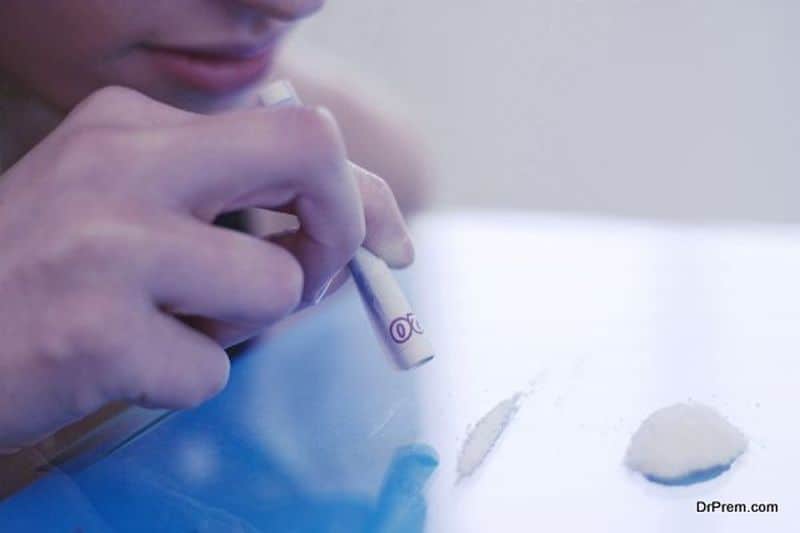The prevalence of substance misuse among the LGBTQ+ community is becoming increasingly difficult to ignore. Not only are they more likely to experience discrimination and barriers to addiction treatment, but they also may find it harder to reach out for help due to fear of stigma or lack of social support networks.
Thankfully, a growing number of resources available – both in terms of dedicated support networks and specialist care pathways – can equip individuals within this community with the tools necessary for recovery and wellness. In this article, we will explore how people struggling with addiction can get access to help while facing unique challenges presented by their sexual orientation or gender identity.
Exploring the Unique Challenges of Addiction in the LGBTQ+ Community
The perils of addiction afflict many individuals worldwide, but certain communities are at heightened risk. The LGBTQ+ community is one such group facing unique challenges and obstacles in their battle with addiction. A major contributing factor to this phenomenon is the societal discrimination and marginalization experienced by LGBTQ+ individuals, predisposing them to high-stress levels and mental health issues.
Linguistic barriers may also impede individuals from seeking help, with heterosexual normative language and cultural expectations alienating and discouraging them from seeking drug and alcohol rehabilitation services. The challenges may be multi-faceted, but it is crucial to address and understand them entirely to create effective and inclusive treatment and prevention programs tailored to the specific needs of the LGBTQ+ community.
Overcoming Stigma and Prejudice
The LGBTQ+ community is often subject to stigma and prejudice, which can be a significant obstacle in seeking help to combat addiction. It is especially true regarding treatment options, as many members may feel apprehensive about disclosing their sexual orientation or gender identity due to fear of judgment or discrimination.
It creates a barrier between individuals and the valuable resources available within their communities. To address this challenge, healthcare professionals, counselors, support groups, and other recovery community members must create an inclusive and affirming environment for all individuals, regardless of race, ethnicity, gender, or sexuality. Check out thedawnrehab.com for more information.
Building a Supportive Network for Recovery
When navigating addiction recovery, people need access to a support network that can guide them and help them stay on track. The LGBTQ+ community needs to have such resources: not only are they more likely to struggle with drug or alcohol abuse due to higher stress levels and prejudice, but they may also face extra hurdles in finding appropriate help tailored to their needs.
Thankfully, numerous organizations are dedicated solely to helping members of the LGBTQ+ community make healthier choices when it comes to substance use. These kinds of organizations offer a non-judgmental space where individuals can find support from peers who understand their struggles intimately. A prime example of this kind of support system is GLID (Gay and Lesbian International Drug), an organization that provides resources for recovery and other mental health services to the LGBT+ community.
These kinds of dedicated networks are invaluable resource for LGBTQ+ individuals seeking help with addiction. They can provide the guidance, understanding, and support needed to make lasting changes in one’s life.
Creating Safe Spaces for LGBTQ+ Individuals Seeking Treatment
Individuals must have access to treatment options tailored to their unique needs. LGBTQ+ individuals often require additional considerations when it comes to treatment, such as addressing issues related to gender identity and sexual orientation.
Creating safe spaces for these individuals can help them feel more comfortable in recovery, allowing them to focus on their healing journey without fear of discrimination or judgment. It means providing a space where language and terminology are inclusive of all identities and preferences, offering specialized services such as hormone replacement therapy, and ensuring that staff is adequately trained to effectively serve the LGBTQ+ community.
Developing Cultural Awareness Among Healthcare Providers
Creating an inclusive and safe environment for LGBTQ+ individuals is only possible if healthcare professionals are educated and trained to effectively serve the community. It means developing cultural awareness, understanding the unique needs of LGBTQ+ individuals, and ensuring that all community members feel respected and supported.
By increasing cultural awareness among healthcare providers, we can create a more welcoming environment for those seeking treatment or support, encouraging them to openly discuss their issues without fear of judgment or discrimination. It can ultimately lead to better outcomes in terms of recovery, as it ensures that all individuals have access to essential resources and support tailored specifically to their needs.
Understanding the Role of Gender and Sexuality in Recovery Processes
It is important to note that gender and sexuality can play a significant role in the recovery process. It is essential to include discussions about these topics when engaging with members of the LGBTQ+ community seeking treatment, as issues such as identity and belonging may affect their overall health.
By understanding the unique needs of each individual, we can create an inclusive and affirming environment for all who are struggling with addiction. With this tailored approach, individuals can begin on the path toward recovery with greater confidence and knowledge that they have access to a network of supportive resources dedicated to helping them.
Article Submitted By Community Writer




